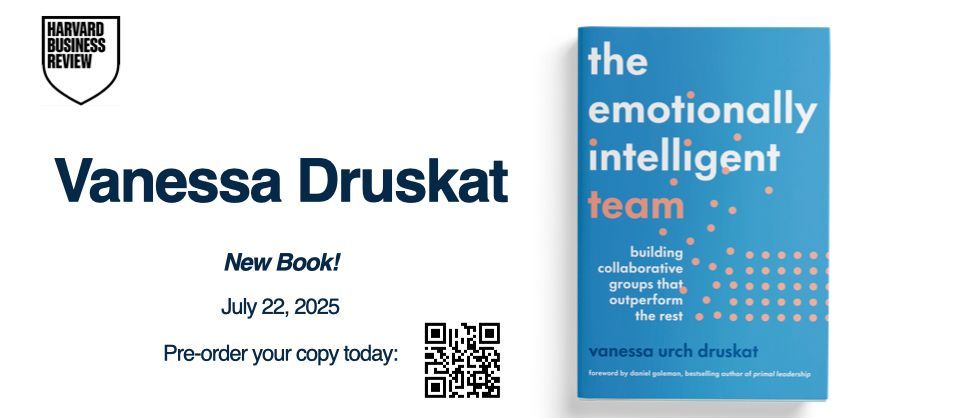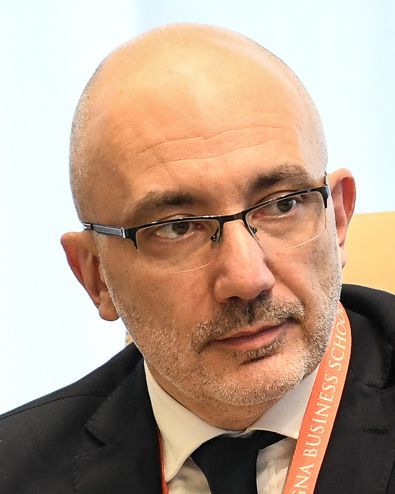Welcome to
The European Center for
Team Emotional Intelligence
We aim to inspire collaboration, bridge research and practice, and bring a European perspective to the global Team Emotional Intelligence movement.
At the Center, we believe in the transformative power of collaborative teams. Our vision is rooted in a world where emotionally intelligent teams drive innovation, deliver impactful results, and contribute to sustainable human development.
We recognize that while Emotional Intelligence (EI) has been extensively studied and celebrated, the unique dynamics of Team Emotional Intelligence (TeamEI) require a dedicated focus. Teams are the heart of organizations, and their ability to work collaboratively, adapt to challenges, and harness collective emotional intelligence is critical for success in today’s interconnected and fast-evolving world.
Our mission is to add a European perspective to the global Team Emotional Intelligence movement. By integrating Europe’s unique cultural diversity and organizational insights into the broader conversation, we aim to enrich the understanding and application of TeamEI worldwide. This mission is driven by the belief that Europe, with its varied cultural, social, and economic landscapes, offers unparalleled opportunities to explore the nuances of team dynamics and emotional intelligence in action.
Our Strategy
We work to share the science, spark research, and connect practice.
- Sharing the science means curating and disseminating the best global research on Team Emotional Intelligence, making it accessible to scholars, practitioners, and organizations alike.
- Sparking research involves inspiring and fostering new studies, particularly within Europe, to expand the boundaries of TeamEI knowledge.
- Connecting practice emphasizes our commitment to bridging the gap between theoretical insights and real-world applications, ensuring that our work drives tangible impact in organizations and communities.
Our Role in the Global Movement
The European Center for Team Emotional Intelligence complements the work of institutions like the Consortium for Research on Emotional Intelligence in Organizations (CREIO), which has laid the foundation for the study of Emotional Intelligence. While CREIO addresses EI as a whole, the Center focuses specifically on the team level, diving into the dynamics that enable groups of individuals to thrive together.
Our Commitment to Europe and Beyond
As a European-based center, we are dedicated to showcasing and developing insights that reflect
Europe’s diverse cultural and organizational environments. We aim to amplify Europe’s voice in a conversation that has often been shaped by American perspectives, contributing new dimensions to the understanding of Team Emotional Intelligence.
At the same time, we recognize the value of global collaboration. TeamEI is a universal need, transcending borders and cultures. Through partnerships with researchers and practitioners worldwide, we work to integrate Europe’s insights into the global movement, fostering a deeper, richer understanding of what it means to be a collaborative, emotionally intelligent team.
Explore Research and Evidences
Join Us
Whether you are a researcher, a practitioner, or an organization, we invite you to join us in shaping the future of Team Emotional Intelligence. Together, we can build a world where collaboration, innovation, and human sustainability are at the forefront of every team’s mission.
For Scholars: collaborate on research, access exclusive resources, and connect with leading experts in the field.
For Practitioners: share your expertise, support the data collection, and contribute to the global movement.
For Organizations: partner with us to create impact in Team Emotional Intelligence with cases, events or sponsorships.









